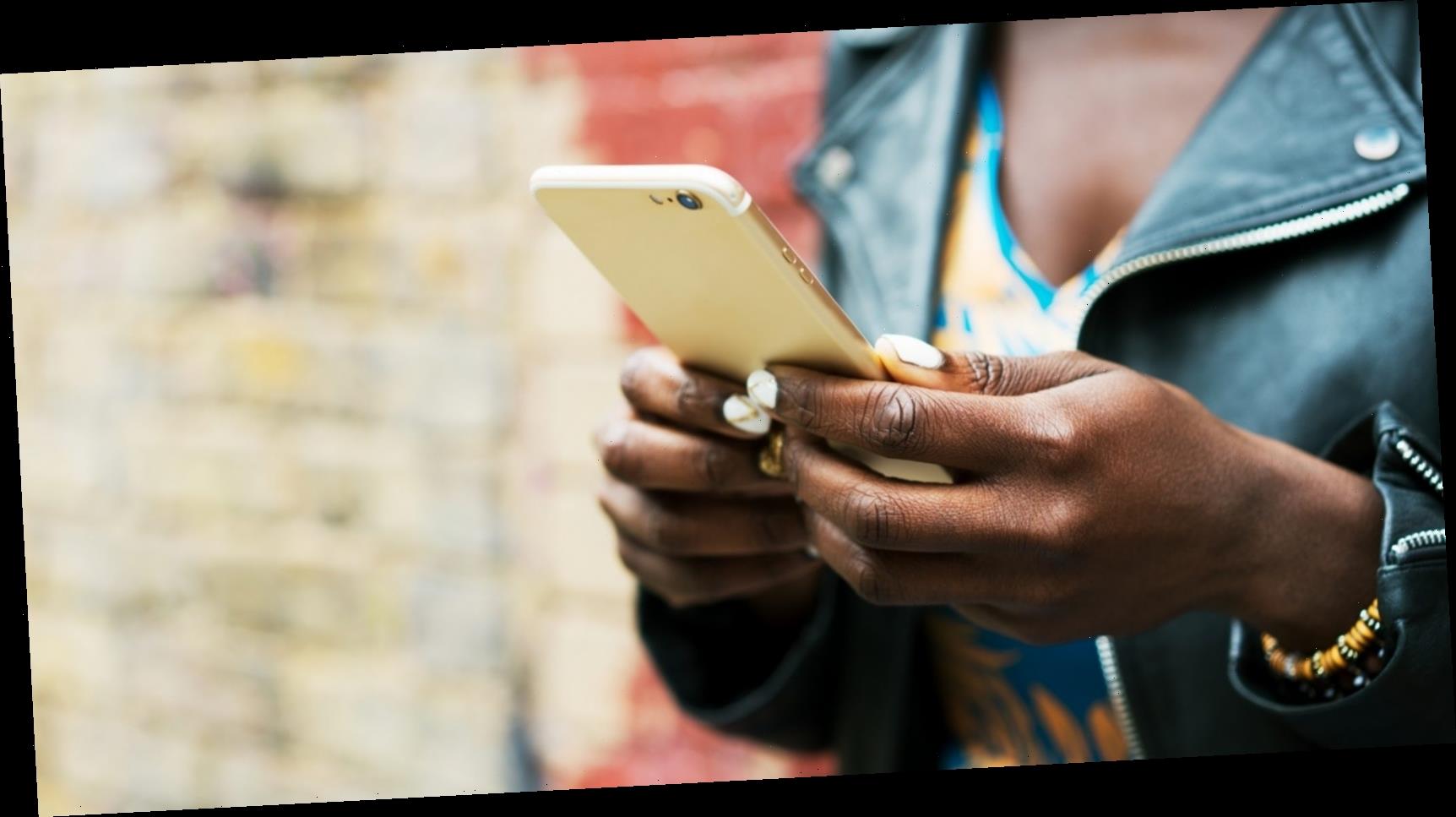Using social media in an ‘active’ rather than ‘passive’ way could negate the damaging impact it can have on your mental health, according to a new study.
It’s a well-documented fact that spending too much time on social media can be bad for your mental health.
From the dangers of doomscrolling to the trap of comparison culture, there are many reasons why sites like Instagram, Twitter and Facebook are often spoken about in terms of their negative impact.
But underneath all this discussion of the damage social media websites are causing, there’s another, quieter conversation beginning to emerge: what if, in some circumstances, social media could actually have a positive impact on your mental health?
That’s the subject of a new study by Dr Lee Smith at Anglia Ruskin University, who studies how your online behaviour impacts your mental and physical health. In a recent appearance on the BBC documentary The Truth About Improving Your Mental Health, Dr Smith conducted an experiment to see whether the way you use social media determines the impact it has on your mood – and the results were fascinating.
The study, which included participants aged between 18-25 without any diagnosed mental health conditions, looked at the difference between so-called ‘active’ and ‘passive’ social media use – aka, passive scrolling, vs active engagement.
“When we talk about active and passive social media use, what we really mean is cognitively active and cognitively passive,” Dr Smith tells Stylist.
“So cognitively active would be, for example, when you’re generating content – uploading images, sharing content and videos and engaging in conversations – that type of thing. Whereas being cognitively passive on social media would be just kind of scrolling through – you might be looking at images and reading posts, but you’re not really engaging with anything.”
If that description of passive social media use rings a bell with you, you’re not alone. Although social media was designed to be a way of interacting with people you know and sharing your own content, it’s quickly evolved into an activity many turn to when they’re bored, tired or don’t want to think. It’s why behaviour like doomscrolling has seen such a rise, especially during the pandemic. For many people, social media has become an almost subconscious experience.
To find out how this kind of behaviour might impact our mental health, Dr Smith asked the participants to take part in two rounds of experiments – one where they used social media actively, and one where they used it passively. After each round, the participants were asked to complete a mood survey to measure their emotional state.
The results were conclusive. After 20 minutes of passive social media usage, the participants’ mood dropped. Whereas when they used social media in active way – sharing photos, commenting on each other’s posts and engaging with the platform and the people on it – their mood improved.
The mood survey also saw a “significant increase” in the participants’ confidence after their active social media use.
So, what is it about active social media use that has the potential to negate the detrimental impact social media commonly has on mental health? According to Dr Smith, it could be to do with the sense of community we gain from engaging with others online.
“There are plausible reasons why active use could be beneficial,” he explains. “We know that if we actively engage, we’re commenting and having conversations on posts, that’s a form of social interaction. And we know social interaction is beneficial for mental health.”
He continues: “If we are posting and we’re receiving likes and positive comments on images we’ve shared and that sort of thing, then that has the potential to make ourselves feel better as well.”
It’s worth noting that what Dr Smith highlights as a positive has the potential to become a negative, too. It’s all too easy to base your self-worth on the number of likes and followers you have on social media – and if your only reason for visiting these sites is to seek validation, that could become damaging, too.
Although using social media for hours on end is never going to be good for us (as presenter Alex Scott explains in the documentary, recent studies have shown that using social media for more than three hours a day – whether that use is active or passive – can lead to negative outcomes for mental health), it’s interesting to see how the way we approach platforms such as Instagram and Facebook could make a difference.
In its purest form, social media is simply a tool to help people connect – and when you think about how you use it, it can make a big difference.
Images: Getty/BBC/Unsplash
Source: Read Full Article

